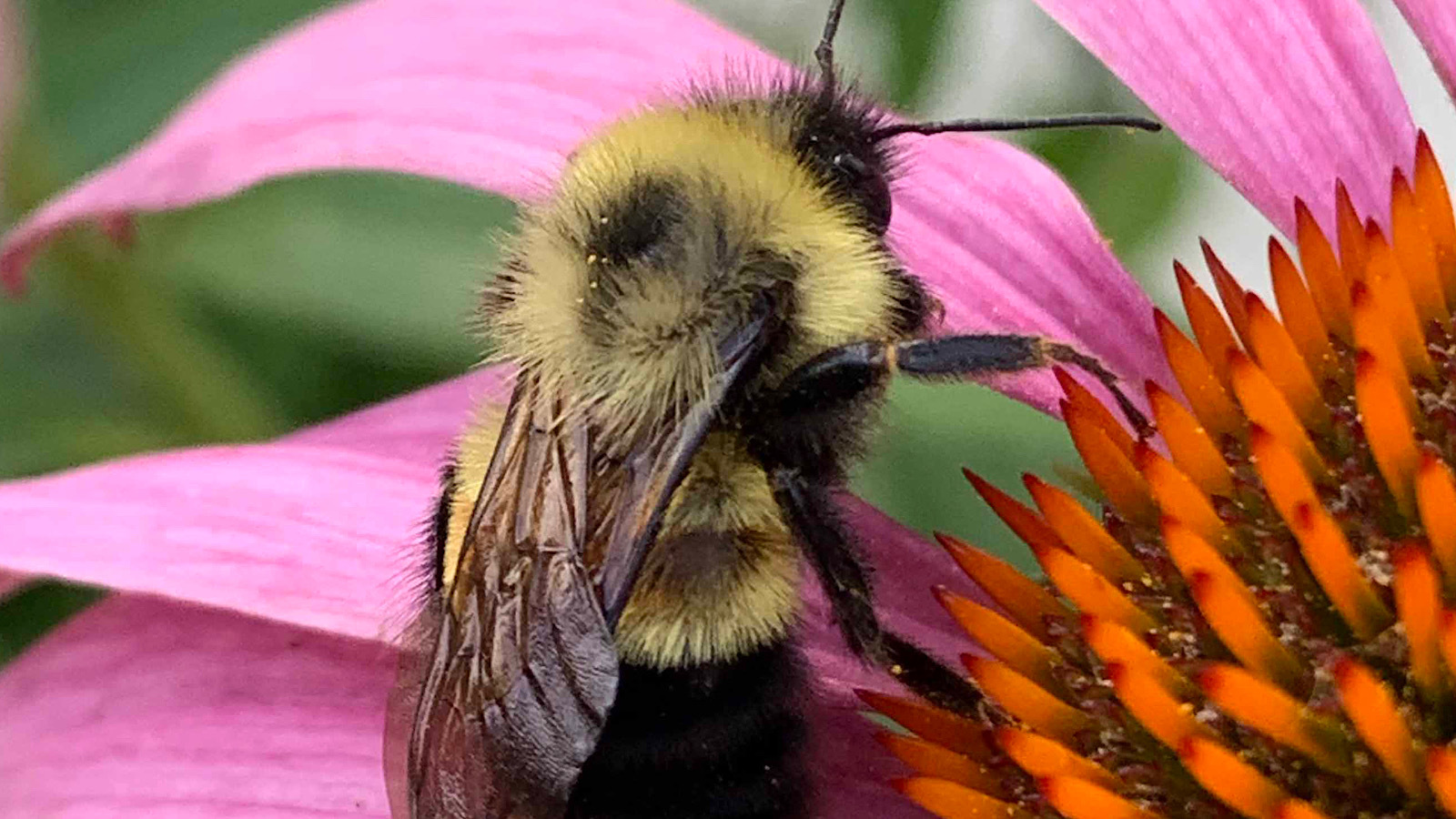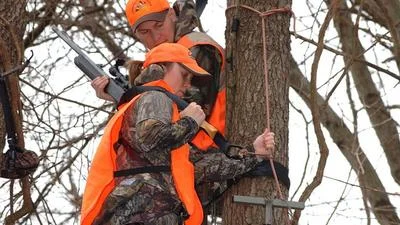A plan by the U.S. Fish and Wildlife Service (USFWS) to save the endangered rusty patched bumblebee in Ohio focuses on conserving populations and addressing threats to prevent extinction.
In a USFWS press release, Great Lakes Regional Director Charlie Wooley said this is an opportunity for the community to play a role in recovery of this insect, which is critical for pollination.
“This is a great opportunity for those who live in the range of the rusty patched bumble bee to get involved in recovery, whether you live in a rural setting or urban areas where we’re finding the species,” he said. “We encourage everyone to help by learning more about this interesting bee and providing flowers for pollen and nectar.”
According to the Ohio State University Bee Atlas, the rusty patched bumblebee was once a common species throughout much of Ohio, occupying a variety of habitats like prairies, woodlands, marshes, agricultural landscapes and residential parks and gardens.
Today, the species' presence has shrunk, with only small, scattered populations remaining across Ohio plus other states like Illinois, Indiana, Iowa, Maine, Massachusetts, Minnesota, Virginia, West Virginia and Wisconsin. The USFWS says the population has declined 87% over the last 20 years.
Though the cause of the drastic decline is unknown, evidence suggests a harmful interaction between a disease-causing pathogen and exposure to pesticides, officials said.
After the recovery plan is finalized, an implementation strategy formed by recovery partners will outline specific actions to be taken.
“Saving a species from extinction is a group effort, [requiring] partners from national conservation organizations and agencies to local communities and citizens," Wooley said. "We can’t do this alone. Together we can make sure this important native pollinator doesn’t slip away."







